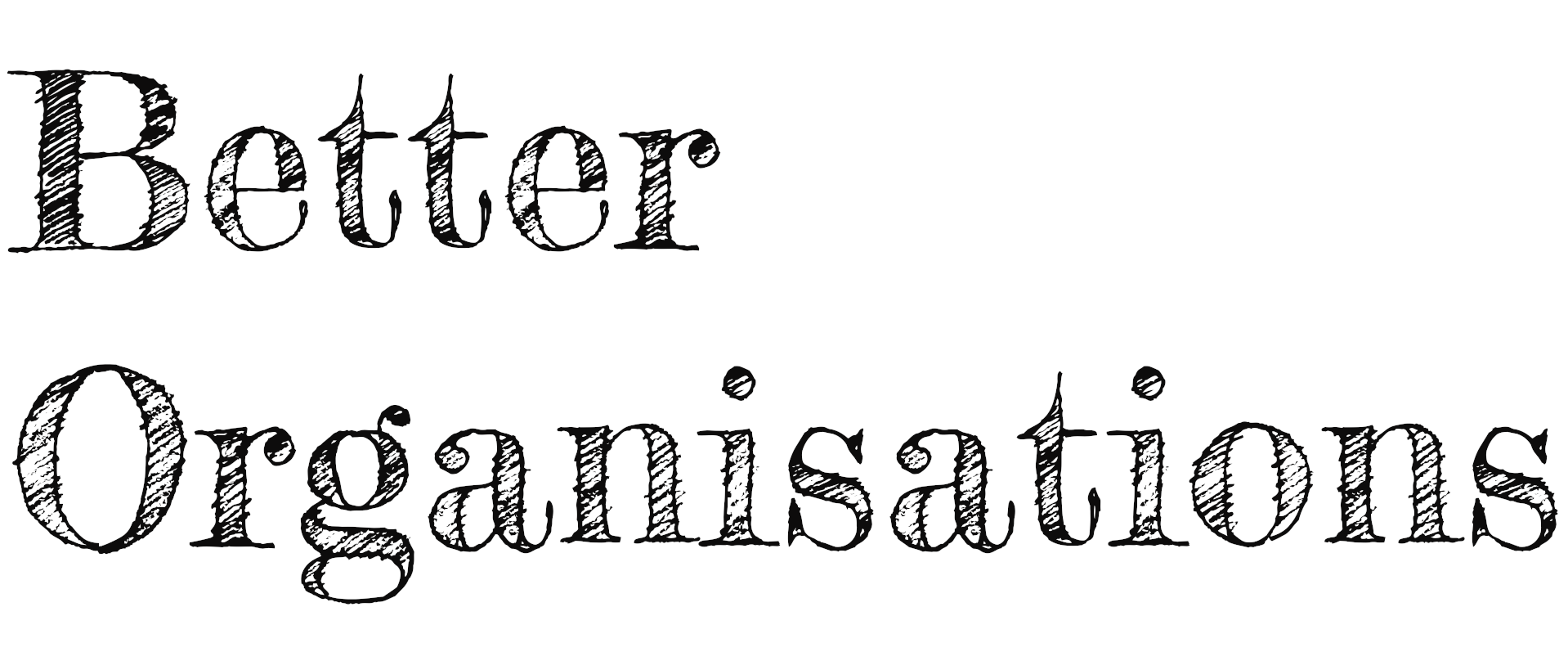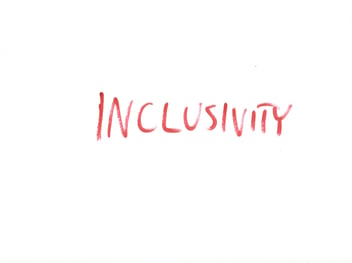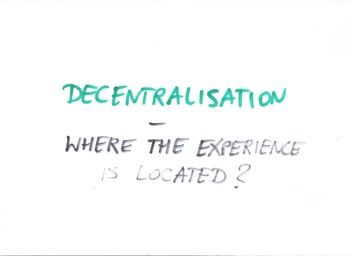
Today we will talk about the fifth value of the chosen 10 which I think can contribute to building a strong, more adaptable and innovation-boosting company’s culture. Since I said that, I should mention a significant exclusion/disclaimer about this statement – please read about it in the introduction article about the values. This article is a part of a serie: How to adapt quickly in a rapidly changing environment?
I always say: please, give me the results or the effort. When I say this, I mean I’m not interested in listening to excuses. I want to get the results, or at least, I want to see true effort of the person who is responsible for the delivery.
This is simple: all team members need to take responsibility for what we do and what we say. I always say: please, give me the results or the effort. When I say this, I mean I’m not interested in listening to excuses. I want to get the results, or at least, I want to see true effort of the person who is responsible for the delivery.
Promoting this value only makes sense if the goals set in an organisation are realistic, measurable and doable (SMART goals). It will only make sense if the organisation provides proper resources that allow employees to reach goals. Every single task, every single goal, every single issue has to have an owner (sometimes the owner can be a team), who is responsible for the delivery. If you take on a task, you do it, if you have an issue with it, you report the problem well in advance. And when you deliver it, you report the results.
I’m a big fan of 15 minutes standup meetings. Why standup? You don’t need to sit down to have a discussion to plan and to solve potential issues. You don’t want to spend more time than it is absolutely required. You don’t want to lose focus – all that what you want are people who think, plan and who share solutions. Start your standup meetings well prepared and make it a new team habit. At team meetings, employees can discuss which issues can be solved by them, and which ones need to be forwarded to the superiors.
Every single task, every single goal, every single issue has to have an owner (sometimes the owner can be a team), who is responsible for the delivery.
I’m a big fan of using a whiteboard when team meetings take place. This allows to make things visible – just one look at the whiteboard and you know where your team and you are in the process, just one look, and you know who is responsible for what, just one look , and you see what is going well and who needs a bit of help. It is also great to have metrics on the board (you have metrics for processes in your company, right?). This means that every team member can keep the work progress up to date accurately – with a separate space for issues which come up in the meantime. The whiteboard is a great place to be a place of team meetings.
Promoting responsibility helps to create a positive environment where is no space for avoiding it (and to be honest there is no need for it), where people work together and are able to help each other.
Please read the case about cultural change – developing the value proactivity. This case is close to the topic.
For the next weeks, I will be publishing a weekly article and a video about a value that can contribute to strong, more adaptable and innovation-boosting company’s culture. I will share case studies and examples, to illustrate how these values can help you build a better culture for your company.
Subscribe now to avoid missing an update!




